The washing station at Worka Sakaro was founded in the mid-90s by Ato (“Mr.”) Mijane Worassa on land he inherited from his father, about 25 miles from Yirgacheffe in the woreda (district) of Gedeb. Over 400 neighboring producers deliver their coffee to the station, most of whom live on the slopes of a nearby mountain called Rudu. These are garden producers, growing coffee on tracts of land no larger than two hectares (about the size of a city block).
The washing station, which Ato Mijane runs with his son Daniel Mijane, is well equipped for the processing of quality coffee with a locally-built depulper, clean washing tables and tanks, over three hundred raised beds for drying, and two warehouses capable of holding a season’s worth of coffee.
The varieties grown in this area are heirloom varieties identified as mostly Kudhume, Welisho, and Dego. The Worka Sakaro station maintains a nursery of young plants which it makes available to its members for the purpose of expanding their production or replanting old plots.
Since 2008, the Ethiopia Commodities Exchange (ECX) has managed the sale of most coffee destined for export. Its original structure aimed to promote and protect certain regional “brands” and their flavor profiles, so coffee was commonly sold even among specialty roasters by region alone: Yirgacheffe, Kochere, Sidamo, Harrar, and so on. If you wanted to buy a coffee from a specific small cooperative, like Worka Sakaro, you’d need to carry out a complicated plan to do so within the mechanisms of the ECX. (Practically speaking, a bit of a shell game: you’d have to partner with an exporter to sell your coffee into the ECX, then buy it back again. This required a team willing to mark or tag bags of parchment coffee, then watch those bags as they moved through the milling process, trying to figure out which finished lot is yours.)
This system was rehauled for the 2017/18 harvest, creating a new and more transparent ECX and loosening the restrictions on who was permitted to export coffee. Under the new rules, we’d know with much greater certainty that a specific coffee was labeled, sequestered, and unadulterated from the moment it left the washing station to the time it was sealed into a container for export. This has made it much easier to grow our relationships with small producers and cooperatives (such as the Gora Kone and Aricha washing stations).
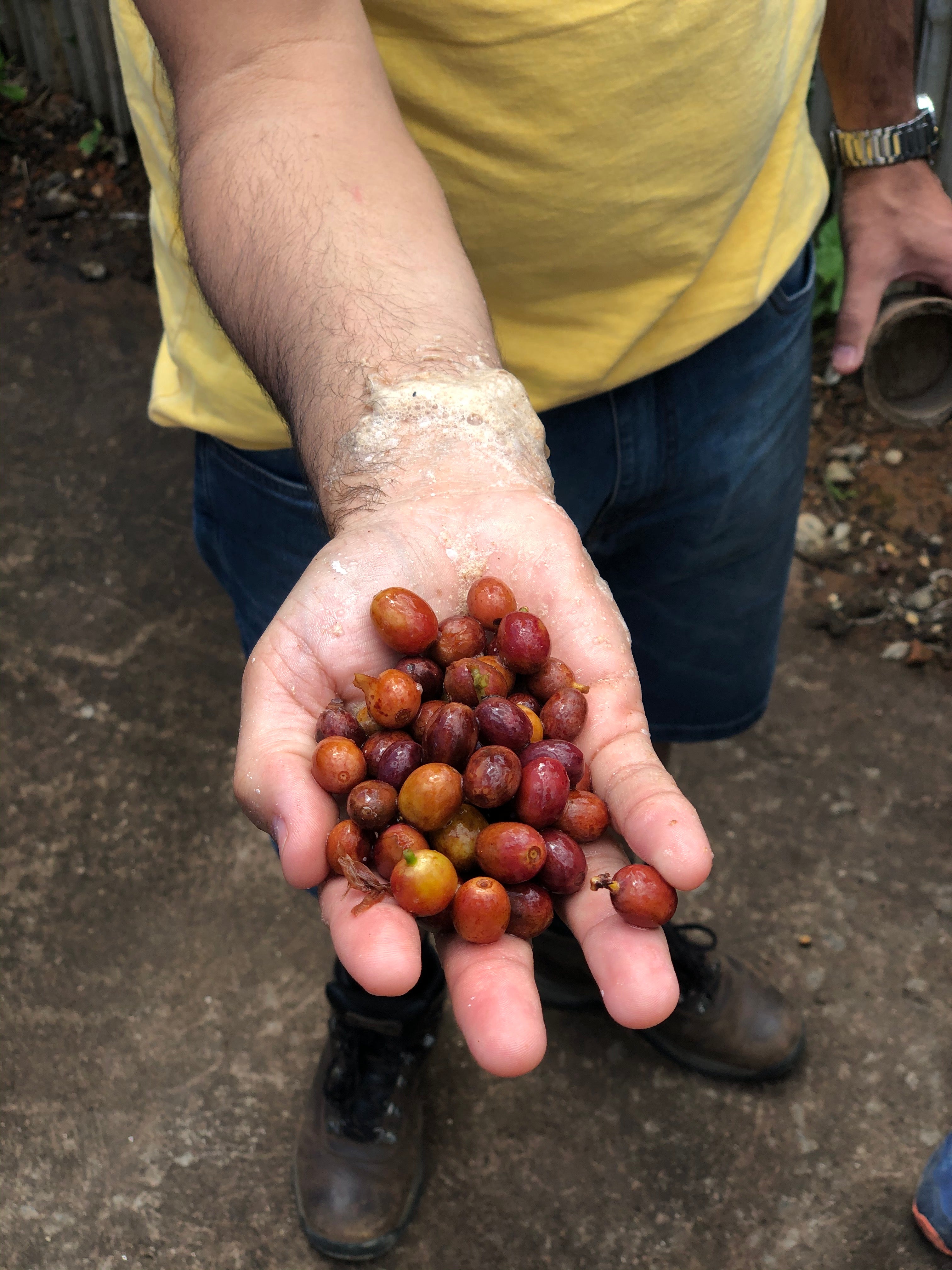
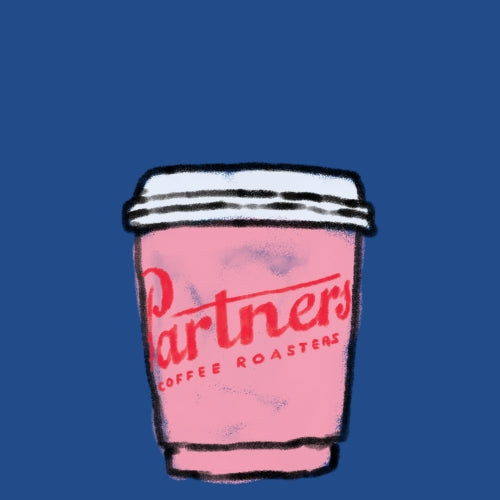
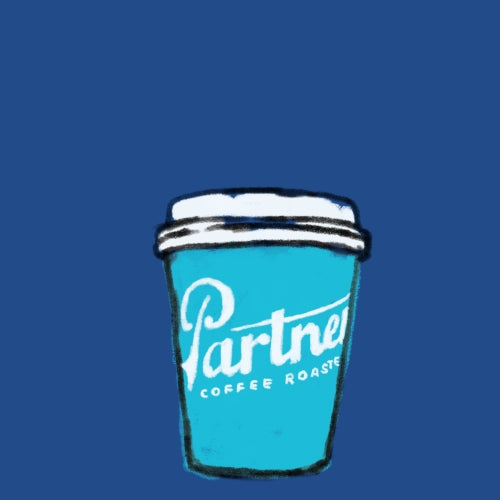
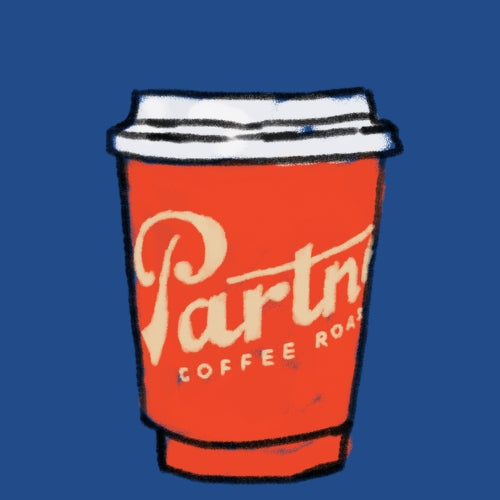
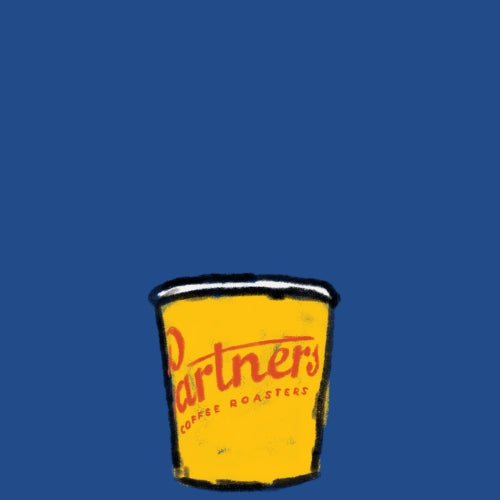
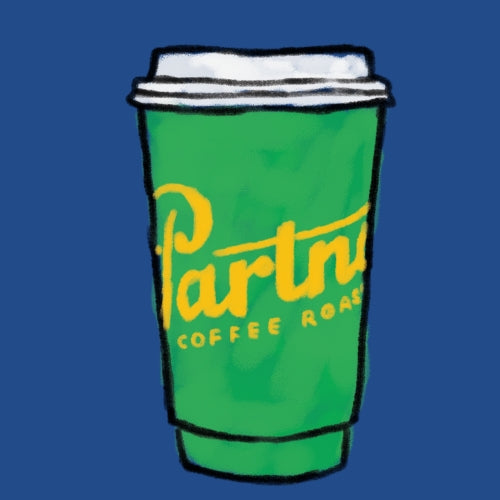
Leave a comment
This site is protected by hCaptcha and the hCaptcha Privacy Policy and Terms of Service apply.